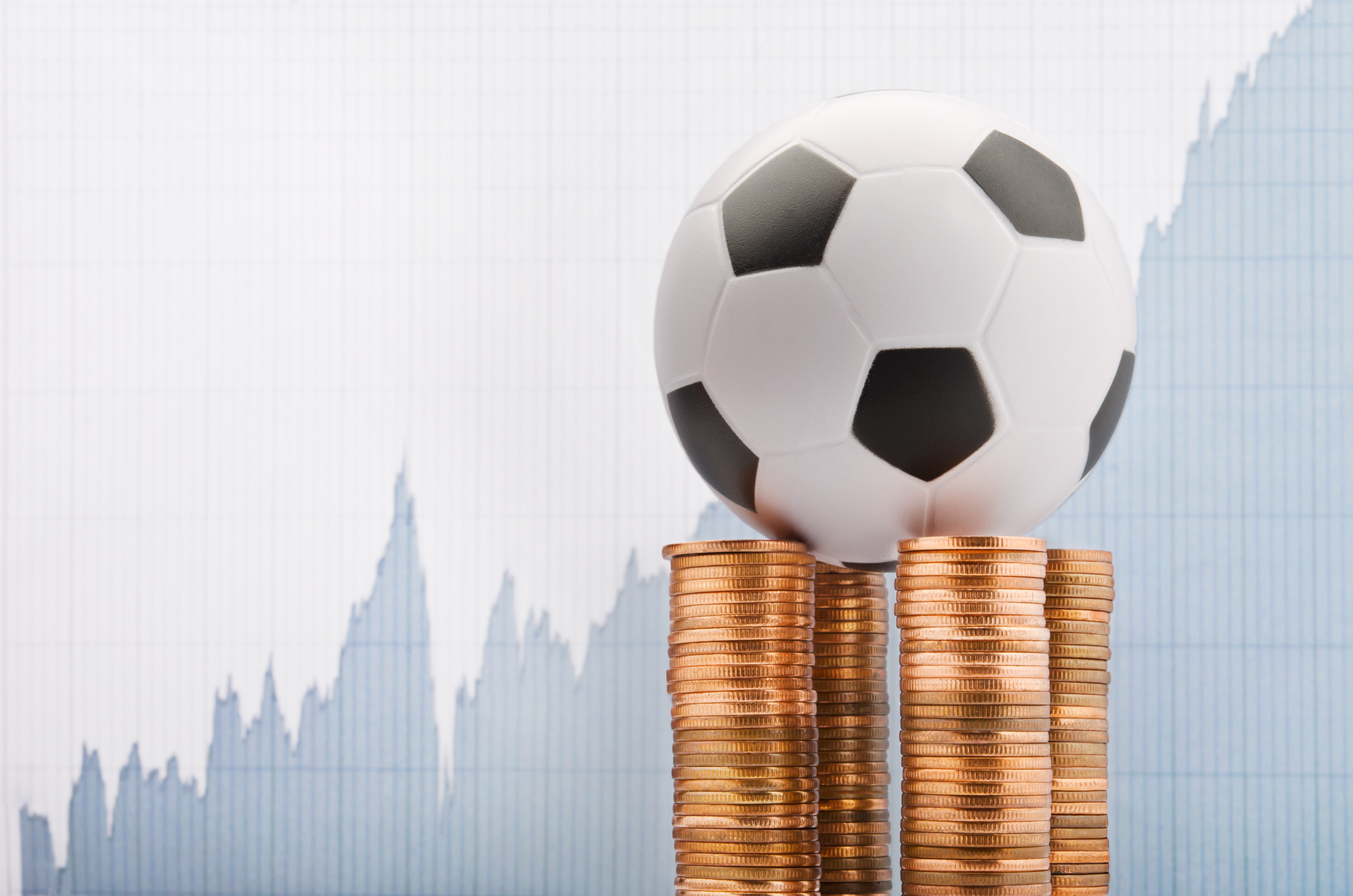
Related Articles
Headlines February 2017
Headlines January 2017
Headlines 26th December 2016
Headlines 19th December 2016
US Headlines Special 3: The Outcome
Headlines – 24/10/2016 - US Headlines Special
Headlines - 10/10/2016
See More...
21 February 2016 |
Despite its current status as a niche market practice, the copious amount and range of businesses within the sporting industry has opened up numerous opportunities for lawyers in the sports sector. Nowadays, it simply isn’t enough to associate sports with the act of playing and entertaining. With its increased dynamism in political and economic spheres across the globe, the complexity and scope of commercial activities have grown in tandem, making the issues involving sports all the more stimulating.
Client bases range from public agencies to international federations, athletes, event organisers and other sports rights-holders, which law firms advise on both contentious and non-contentious matters. From international sports disputes, such as the incessant calls for greater transparency in the FIFA ethics committee after Qatar’s successful bid to host the 2022 World Cup, to match-fixing issues, which have rocked Indian Premier League cricket since the turn of the decade, legal issues in sport are wide and varied. Unfortunately, these occurrences have often highlighted blatant inefficiencies and corruption within the regulatory and administrative bodies of the respective sports.

Understandably, with the influence of media being gloriously intertwined with the entertainment value sports can bring, sporting legal issues are mostly portrayed in an ostensibly negative light. Not all is doom and gloom in the sporting legal sphere however. Major media rights deals have proved to be the bread and butter of major competitions gaining commercial “home-runsâ€. For instance, with the advent of live broadcasting, the legendary Monday Night Football broadcast has become a major subsidiary commercial branch of the National Football League (NFL) in the US, allowing it to become one of the longest-running prime time commercial network series ever. Couchmans LLP, the UK’s premier specialist sports law firm, recently advised the NFL on its new five-year deal with BSkyB, introducing Monday Night Football to the UK, which will increase the popularity of the sport across the North Atlantic. The firm also advised European Professional Club Rugby in signing a four-year agreement with IMG for the distribution of international media rights to the new European club rugby tournaments, the European Rugby Champions Cup and the European Rugby Challenge Cup, which experts say will lead to a twofold increase in the number of viewers. Evidently, such premium sports rights deals exemplify the high potential in which law firms can exploit the commerciality of sports enterprise through their specialised expertise.
Notably, the unique, legal selling point of the sports sector is that it is highly regulated not by the government, but by governing bodies such as FIFA, the International Olympic Committee and the Association of Tennis Professionals (ATP). These “self-regulatory powers of associations†are entitled to establish their own rules, rendering the practice of law all the more complex and challenging. Because of this, the international quasi-judicial body, Court of Arbitration for Sport (CAS), is imperative in standardising and making consistent the wide array of dispute resolution issues across sports, such as doping, sponsorship agreements, contractual and transfer issues. In effect, it acts as the Supreme Court for sporting matters.
Martin Schimke, a CAS arbitrator and member of Bird & Bird’s Sports Group, advocates, “There is a business with specific criterions and characteristics, but Sports Law is not a field as such.†On the one hand, there are tensions between self-regulatory powers of sporting associations deriving from constitutional law, and vocational freedom, fundamental rights of athletes, and free movement of capitals at the other end of the spectrum. These are precisely the elements that make Sports Law such a unique and interesting sector of law. Suffice to say, the multi-dimensional nature of issues in Sports Law make it a truly cross-sectional practice. Most importantly, it is a sector that will continue to grow, especially with its big-dollar commercial activities, and as along as professional athletes such as Luis Suárez and Dylan Harley continue their quest to become lean mean biting machines, and as cyclists continue to regard performance-enhancing drugs as important to winning a race, as women are to Tiger Woods.